Starting the day with health news, readers can also read more articles: Using Vietnamese coriander to treat red eye, should or shouldn't?; New discovery about the time needed to sleep each night ; 4 things to have to protect healthy eyes ...
Discover the great things for your heart
Laughter may be the best medicine for your heart, literally, a new study has found. Laughing just twice a week can help reduce the risk of heart disease.
Research shows that laughter has a positive impact on heart health by helping heart tissue expand and increasing oxygen circulation throughout the body.
These findings suggest that laughter may be a promising treatment for heart disease, especially in patients with coronary artery disease.

Laughter may be the best medicine for your heart.
Coronary artery disease occurs when plaque builds up in the arteries that carry blood to the heart.
The study included 26 participants, average age 64, all with coronary artery disease.
Over a three-month period, participants were divided into two groups: One group watched one-hour comedy shows twice a week. The other group watched documentaries.
The results were surprising, at the end of the 12-week trial, the comedy group had significantly improved cardiovascular health.
Tests measuring the heart's ability to pump oxygen showed a 10% increase in cardiovascular activity . Readers can read more about this article on the health page on August 31.
Using Vietnamese coriander to treat pink eye, should or shouldn't?
In the context of the increasing number of cases of pink eye, many people believe that using Vietnamese coriander to steam the eyes or pound it with salt and apply it to the eyes can help treat pink eye. However, according to experts, this remedy has not been recorded in oriental medicine.
Specialist Doctor 2 Huynh Tan Vu, Head of the Daytime Treatment Unit - University of Medicine and Pharmacy Hospital - Facility 3, said that pink eye (or conjunctivitis) occurs when the transparent membrane on the surface of the eyeball (white of the eye) and the conjunctiva of the eyelids is inflamed. The disease can occur in all subjects: children, adults, the elderly. The disease is easily spread and can spread into an epidemic from summer to late autumn.
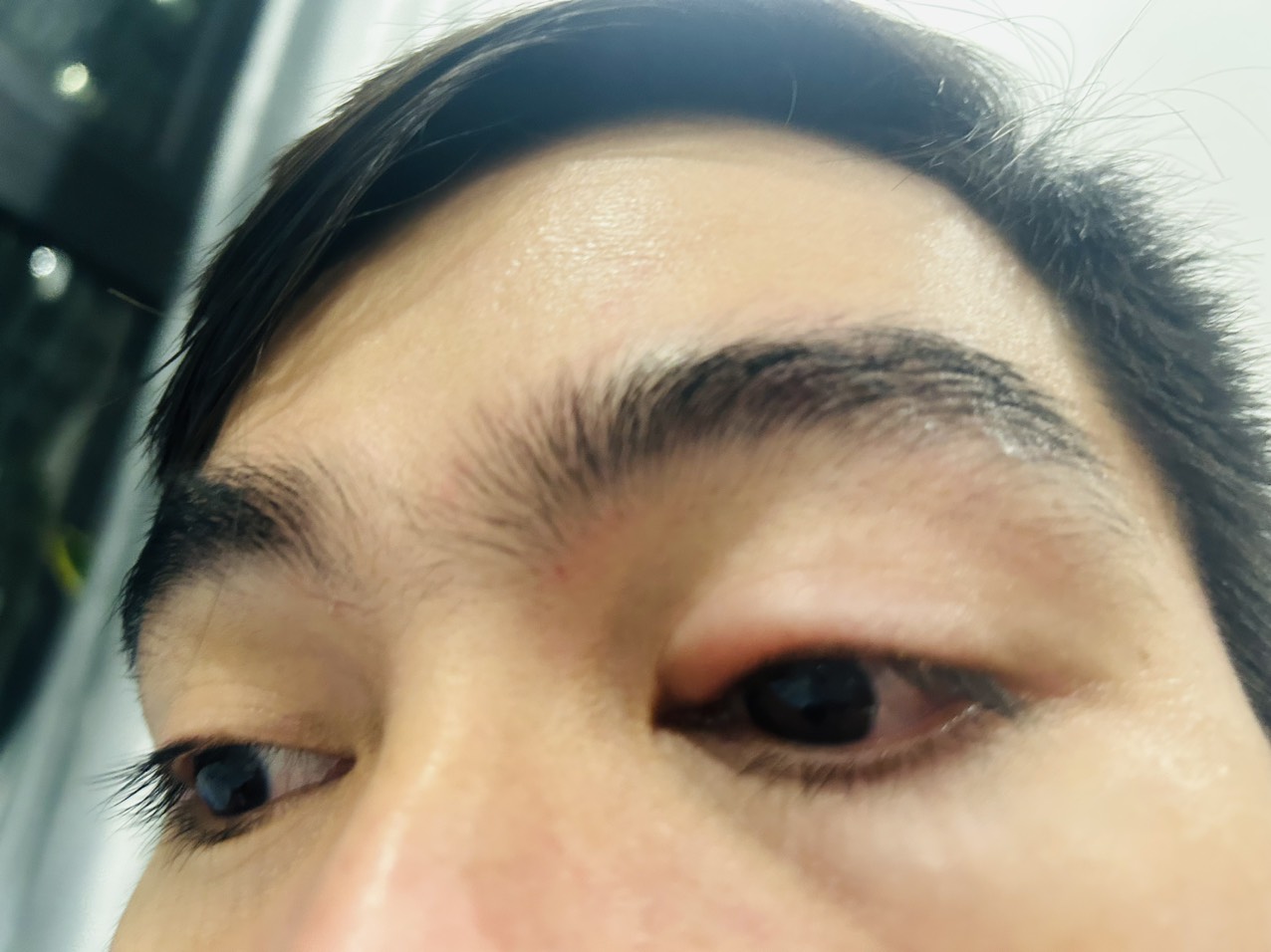
A person has pink eye and swollen eye.
Pink eye is 65-90% caused by Adenovirus or bacteria such as streptococcus, staphylococcus, pneumococcus, etc. Pink eye spreads quickly through direct contact with an infected person through the respiratory tract, saliva, hands, glasses, towels, wash basins, etc.
Hot weather turns to rain, high humidity, dusty environment, poor hygiene, and use of polluted water sources are also favorable conditions for pink eye to develop and become an epidemic. Offices, classrooms, and public places are environments where the disease spreads rapidly. Pink eye is not contagious when looking at each other. The next content of this article will be on the health page on August 31.
New findings on how much sleep you need each night
New research published in the academic journal Psychosomatic Medicine , shows that even missing a few days of sleep and catching up on sleep on the weekend can't avoid the harmful effects.
Accordingly, sleeping 5-6 hours is not enough for good health, but you need to sleep 8 hours every night . And even 1-2 nights of sleep deprivation will have a negative impact on heart rate and blood pressure and cannot be "compensated".
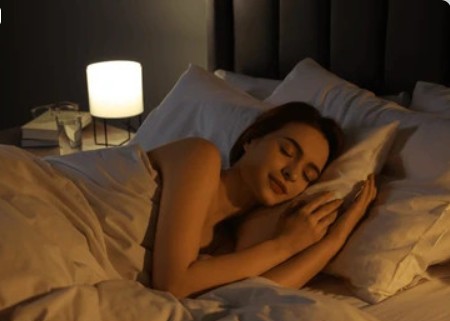
Even sleeping 6 hours and then catching up on sleep on the weekend can't avoid the harmful effects.
In a study conducted by scientists at Pennsylvania State University, USA, 15 men between the ages of 20 and 35 participated and were monitored for 10 days as follows.
For the first 3 nights, participants slept up to 10 hours per night. For the next 5 nights, they restricted sleep to 5 hours per night, followed by 2 recovery nights — sleeping up to 10 hours per night.
Researchers measured participants' heart rates and blood pressure every 2 hours. They found that both participants' heart rates and blood pressure increased each day and did not return to baseline levels by the end of the recovery period.
This means that even a short period of sleep deprivation, followed by two nights of good sleep, is not enough to reduce high blood pressure and heart rate caused by staying up late. Let's start the day with health news to see more of this article!
Source link



![[Photo] Phuc Tho mulberry season – Sweet fruit from green agriculture](https://vstatic.vietnam.vn/vietnam/resource/IMAGE/2025/4/10/1710a51d63c84a5a92de1b9b4caaf3e5)
![[Photo] Prime Minister Pham Minh Chinh chairs meeting to discuss tax solutions for Vietnam's import and export goods](https://vstatic.vietnam.vn/vietnam/resource/IMAGE/2025/4/10/19b9ed81ca2940b79fb8a0b9ccef539a)


![[Photo] Unique folk games at Chuong Village Festival](https://vstatic.vietnam.vn/vietnam/resource/IMAGE/2025/4/10/cff805a06fdd443b9474c017f98075a4)


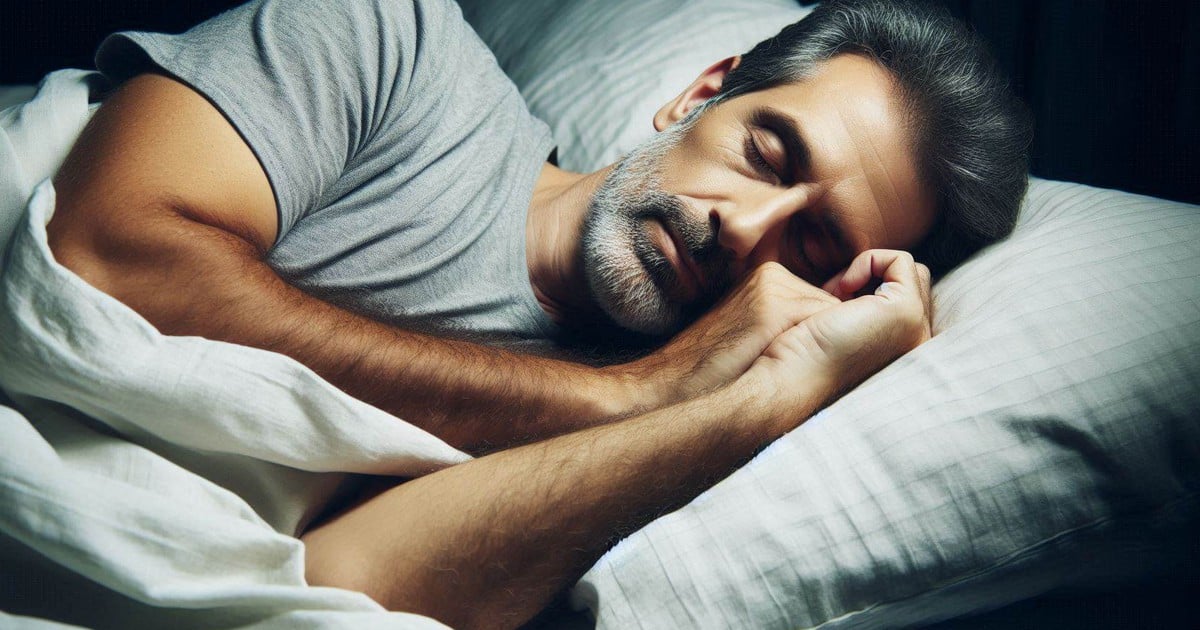





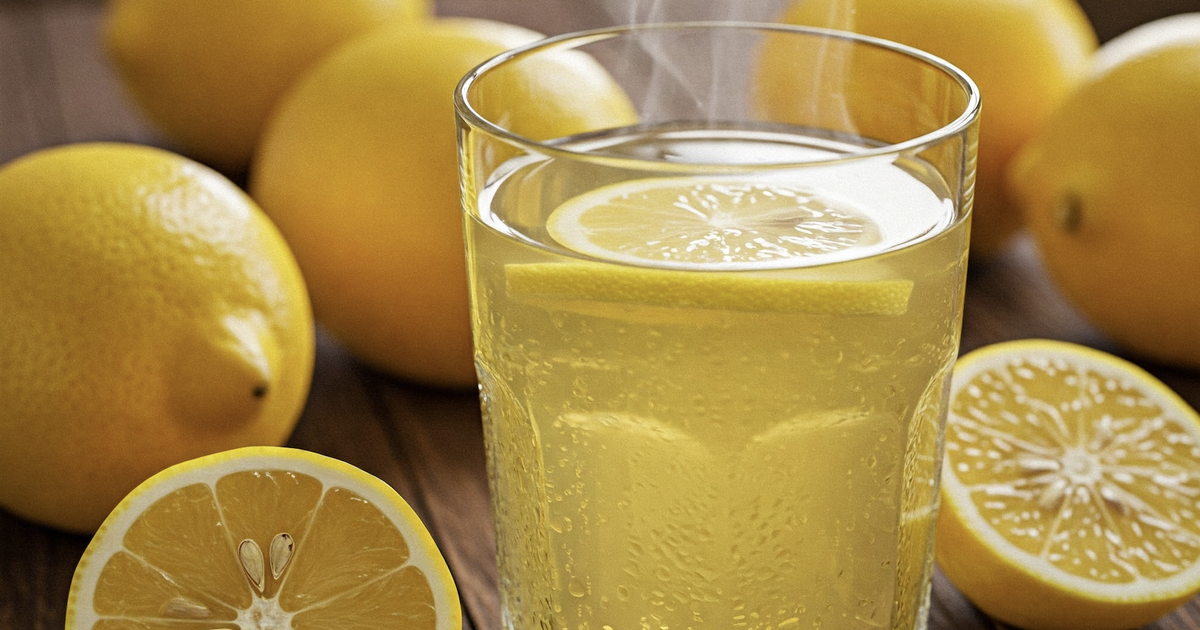











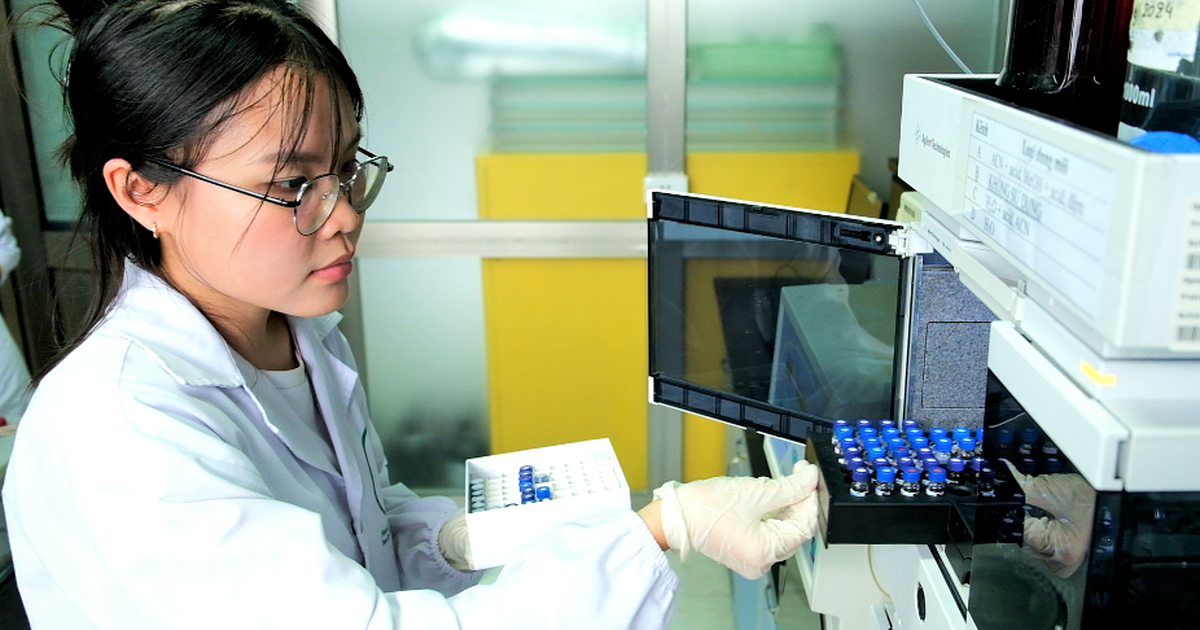























































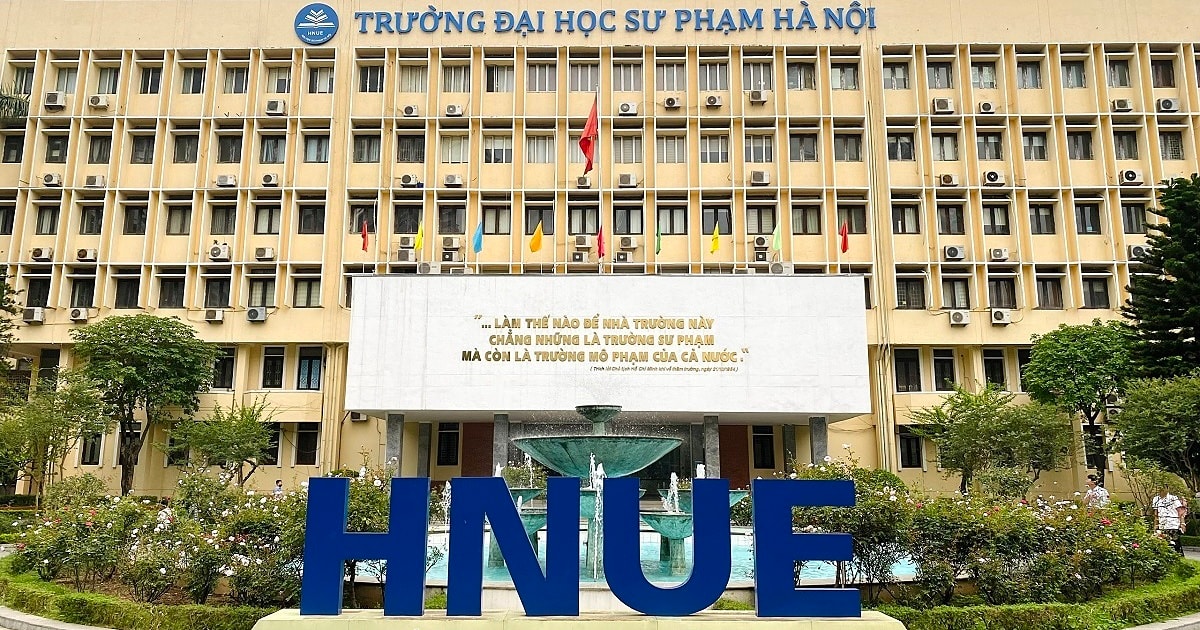








Comment (0)